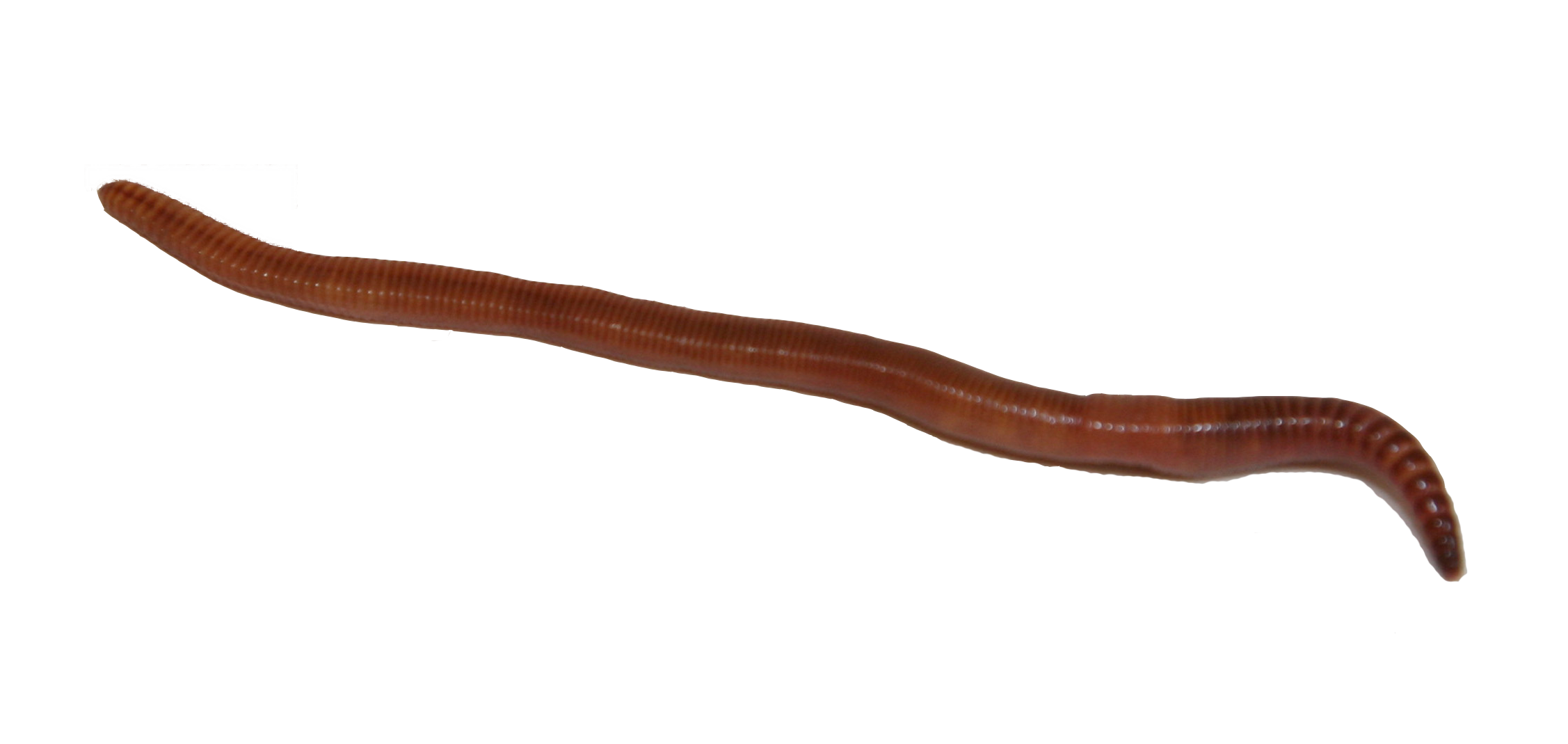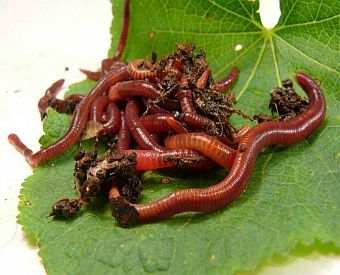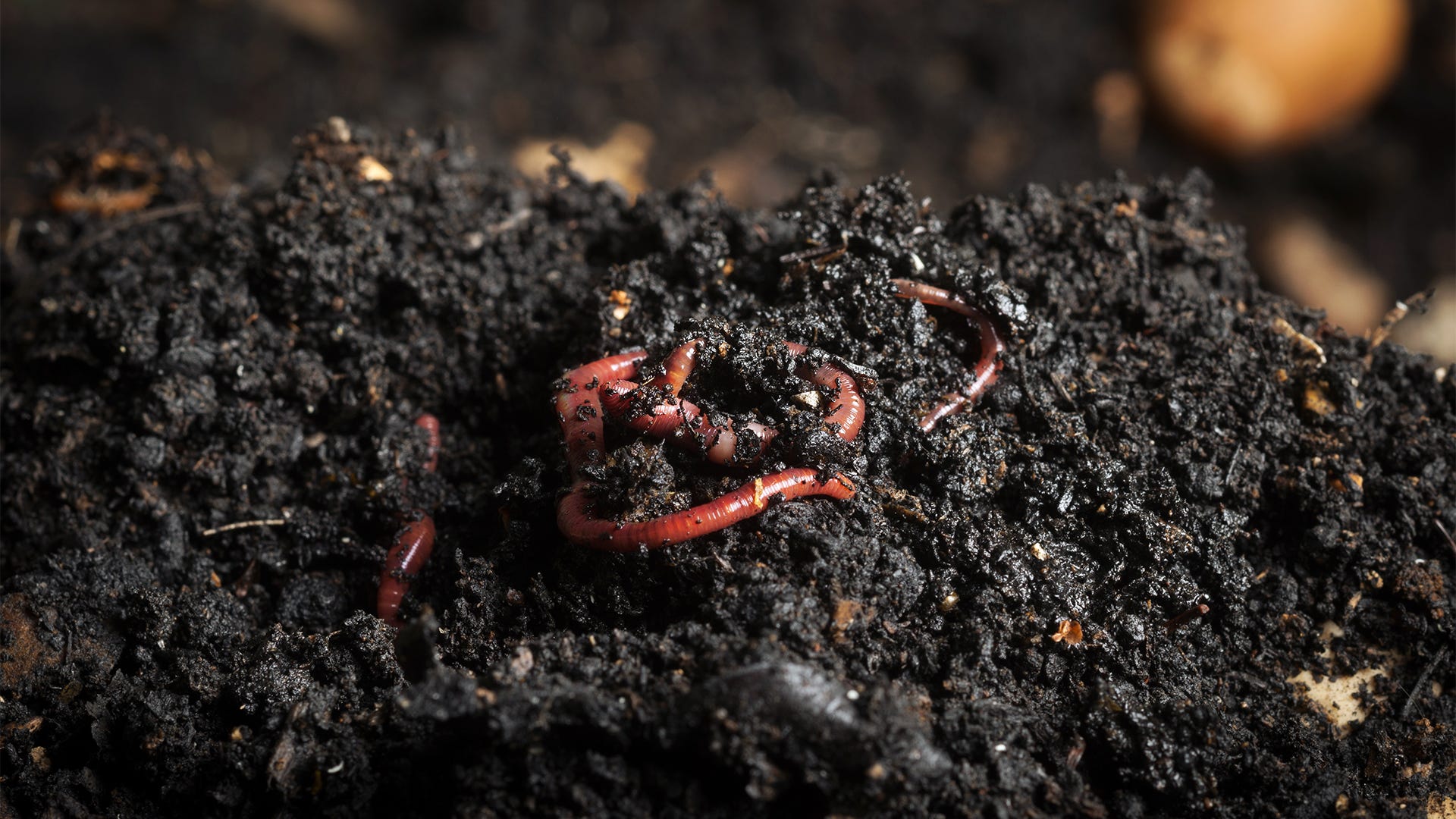Efficient red wigglers: Create less waste
Efficient red wigglers: Create less waste
Blog Article
Why Red Wigglers Are Essential for Chemical-free Farming
Red wigglers play a critical role in organic farming, mainly with their distinct capability to decompose natural products and boost soil health and wellness. The level of their influence on agricultural methods and soil biology elevates intriguing questions regarding the future of natural farming.
Duty of Red Wigglers in Soil Health And Wellness

Additionally, red wigglers boost soil framework by producing networks as they burrow. These networks improve oygenation and water seepage, promoting a much healthier origin environment. Their task also assists in preserving optimum dampness levels, which is critical for healthy and balanced plant growth.

Benefits of Worm Spreadings
Worm castings, the nutrient-rich waste matter created by red wigglers, act as an effective amendment for natural farming. These castings are replete with crucial nutrients such as nitrogen, phosphorus, and potassium, which are important for plant development. Unlike synthetic plant foods, worm castings launch nutrients slowly, supplying a stable supply with time and decreasing the threat of nutrient leaching and overflow.
In addition, worm castings improve soil structure and oygenation, promoting much healthier origin systems. Their high raw material content enhances dampness retention, enabling plants to better endure drought conditions. Additionally, worm spreadings consist of beneficial microbes that support plant health by suppressing virus and enhancing vitamins and mineral uptake.
The application of worm castings can lead to boosted crop yields and boosted quality of fruit and vegetables, making them an indispensable source for organic farmers. Their use also aligns with sustainable farming methods, adding to dirt fertility without the negative environmental influences related to chemical fertilizers. Generally, the unification of worm spreadings right into agricultural methods cultivates a more resilient and effective community, highlighting the relevance of red wigglers in natural farming systems.

Enhancing Nutrient Biking
(red wigglers for composting)Nutrition cycling is a critical procedure in natural farming, and the assimilation of red wigglers plays a crucial duty in improving this cycle. These earthworms contribute dramatically to the malfunction of organic issue, helping with the makeover of complicated natural products into simpler, extra easily accessible nutrients for plants. As red wigglers consume decomposing raw material, they excrete nutrient-rich spreadings, which are teeming with valuable microorganisms. This microbial task have a peek here further help in the decomposition process, making certain that vital nutrients are readily available for plant uptake.
In addition, red wigglers help to accelerate the mineralization of nutrients, transforming them from inert kinds right into bioavailable forms that plants can take in. This procedure is critical for maintaining soil fertility and promoting healthy and balanced plant development. The presence of red wigglers likewise urges a varied soil ecological community, fostering a balance of nutrients that sustains different plant varieties.
Improving Soil Structure
The improvement of dirt framework is crucial for fostering a healthy agricultural community, and the activity of red wigglers significantly adds to this improvement. These earthworms play a necessary duty in freshening the dirt and developing a network of networks that facilitate water seepage and origin infiltration. As they delve via the dirt, red wigglers separate compressed layers, permitting for much better oxygen exchange and promoting microbial activity.
Additionally, the organic matter produced from their waste, referred to as vermicast, enhances soil aggregation. This process develops stable clumps of soil bits, boosting dirt porosity and lowering disintegration (red wigglers). The presence of red wigglers also motivates the advancement of valuable fungal networks, which are crucial for nutrient uptake by plants
Encouraging Sustainable Practices
Integrating red wigglers into natural farming techniques not just improves dirt health yet additionally promotes sustainable farming techniques. These earthworms play an important role in vitamins and mineral biking, transforming natural waste right into important compost that improves the soil. By utilizing red wigglers, farmers can properly minimize reliance on artificial fertilizers, thereby lessening chemical overflow and its detrimental results on environments.
Furthermore, the unification of red wigglers motivates the technique of recycling natural materials, such as cooking area scraps and farm waste. This waste decrease technique not just reduces disposal prices however additionally promotes a closed-loop system where nutrients are continually returned to the dirt (red wigglers). Such practices are essential in minimizing environment modification, as they boost carbon sequestration and minimize greenhouse gas discharges
Furthermore, red wigglers enhance water retention in the soil, which is critical in times of drought. Their burrowing activities develop networks that allow water to pass through deeper right into the ground, hence promoting effective water usage. Ultimately, integrating red wigglers right into chemical-free farming not only sustains biodiversity yet also lines up with the concepts of lasting farming, supplying a holistic method to food production.
Conclusion
In final thought, red wigglers play an important function in organic farming by considerably enhancing dirt health and fertility. Hence, the assimilation of red wigglers right into farming methods is important for advertising sustainability and enhancing general soil quality.
Report this page